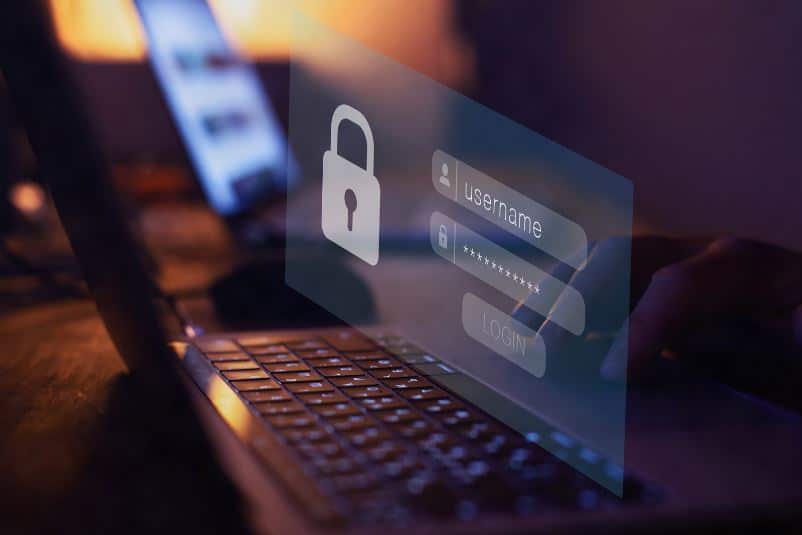
September is finally ending, marking the end of beach days and vacation time. And while we might see less warm weather, we certainly will see more developments in the cybersecurity landscape well into the end of the year. From local schools creating cybersecurity programs for young students, all the way to another massive credit card data breach – there’s been no shortage of cyber-stories. Here is a quick recap of the most compelling cybersecurity developments in September 2024.
Almost 2 Million Accounts Impacted in Credit Card Breach
A recent data breach at Slim CD, a payment gateway provider, has affected nearly 1.7 million people, exposing sensitive financial information such as full names, addresses, credit card numbers, and expiration dates. Although CVVs were not stolen, leaving some barriers to fraudulent transactions, the risk of credit card fraud remains. Hackers gained access to Slim CD’s network last year, but the data theft occurred between June 14 and 15, 2024. Unfortunately, Slim CD does not offer identity theft protection or credit monitoring to those affected, leaving individuals responsible for contacting their banks to get replacement cards and monitoring for signs of fraud. While Slim CD has reported the breach to federal authorities and implemented additional security measures, the rising frequency of data breaches highlights the need for stronger government action to prevent future incidents and hold companies accountable. Only time will tell what happens to the impacted accounts, so make sure to keep an eye out for any suspicious activity.
Cyber Protection for Critical Infrastructure
As our key systems like power grids and water supplies become more digital and connected, they’re also more open to cyber-attacks. This has increasingly become an issue for national safety and security. Hackers, criminals, or even other countries could interfere with these systems, potentially causing blackouts, contaminating water, or disrupting hospitals. To address this, our government is looking at ways insurance could help protect against these risks. They’re also thinking about making strict safety rules for important tech systems. The White House is reportedly working on plans for cyber-attacks of various magnitudes to help prepare for future disruptions. Experts say we need clear safety standards for each type of critical system, like what we have for fire safety. They also want to make sure new infrastructure projects build strong cyber defenses from their inception. Additionally, some experts warn that relying too much on insurance to cover any lost financials might not be the best idea. Instead, they think we should focus more on preventing attacks in the first place. To keep everyone safe, it’s important for system owners, tech experts, and insurance companies to work together on improved ways to handle these cyber risks.
CEO’s Plan to Increase Cybersecurity Spending
CEOs are ramping up cybersecurity investments in response to rising AI-related risks, according to KPMG LLP’s 2024 U.S. CEO Outlook Survey. In addition to tackling immediate growth threats—such as geopolitical tensions and economic uncertainty—executives are also addressing longer-term shifts in the U.S. economy, including labor market changes and potential adjustments to tax and regulatory policies. The report, which features insights from over 1,300 global CEOs, including 400 in the U.S., highlights how business leaders are navigating the complexities of compound volatility. Paul Knopp, KPMG U.S. chair and CEO, stressed the importance of staying ahead of these interconnected risks, with capital being strategically funneled into both cybersecurity and geopolitical concerns. The survey revealed that 69% of CEOs are boosting cybersecurity investments to safeguard operations and intellectual property from AI threats. Additionally, 68% anticipate returns from GenAI investments within three to five years, while 79% of U.S. CEOs foresee a return to in-office work within three years. To incentivize this shift, 86% plan to reward employees who return with promotions or better assignments. The survey spanned 11 markets and industries, with respondents from companies generating over $500 million annually, and was conducted between July and August 2024.
Ohio School Launches New Cybersecurity Course
Aurora, Ohio City Schools are launching a new program aimed at creating a cybersecurity talent pipeline for high school students, preparing them for one of the top 20 fastest-growing career fields in the U.S. In partnership with Paradigm Cyber Ventures, the program provides students with real-world experience through internships and industry-recognized certifications, ensuring they are ready for immediate job placement upon graduation. One high school senior is taking advantage of the program while preparing for his future at West Point, while another has shifted her focus from software development to cybersecurity due to the high demand for jobs in the field – information she has learned from this course. The course, open to sophomores and above with no prior computer experience required, emphasizes hands-on learning, teaching not only technical skills but also professionalism and workplace readiness for students looking to enter the workforce directly after high school. As cybersecurity becomes a larger part of life, its presence in the classroom will also continue to grow.
Contact SWK Today
Staying on top of pressing cybersecurity news and events can be a hassle, and SWK knows this. That’s why we keep our ear to the ground while you focus on what matters most to your business. Contact SWK today and gain access to a team of experts with decades of combined experience, who will work tirelessly to protect your network from unwanted breaches. One simple call could be the difference between a cyberattack, and just another day at the office.
